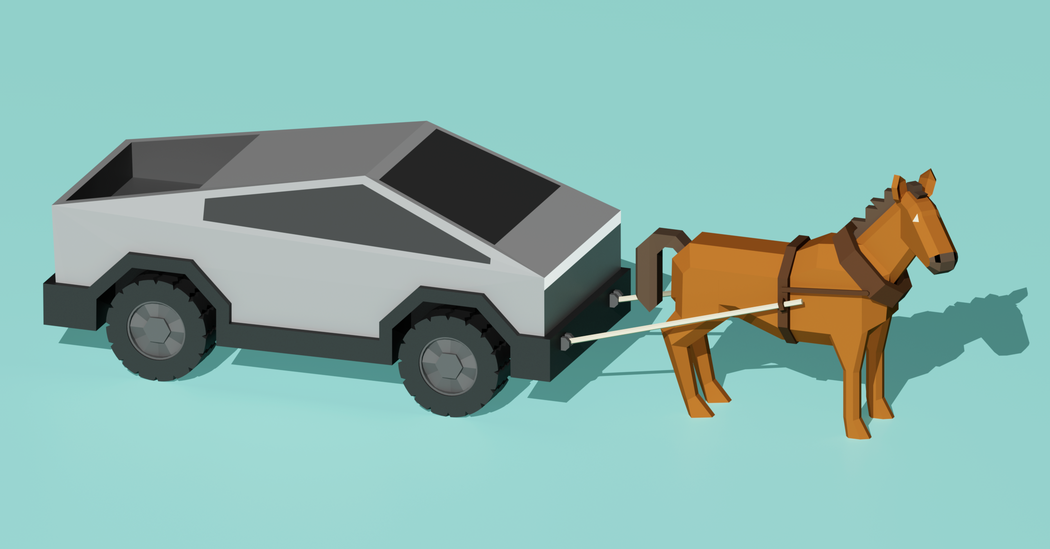President Trump has created what could be called a Luddite trap for the American auto industry: His tariffs aim to protect it from foreign competition, while his domestic policies threaten to cut it off from innovation. Together, they risk leaving U.S. automakers isolated and incapable of competing on their own merits as foreign companies bolt ahead. The damage to our economy and national security could be profound.
For over a century, the auto industry has been a cornerstone of America’s industrial power: It revolutionized manufacturing with the assembly line, forged stronger forms of steel, aluminum and carbon fiber and drove technological innovation with the invention of sophisticated robotics and sensors. And because the auto industry’s influence extends far beyond the factory, supporting vast supply chains, restaurants and retail stores, it’s also been a key driver of economic opportunity in the industrial Midwest and beyond.
But today U.S. automakers are falling behind in a global race for innovation in electrification, digitization and automation. China has made huge strides in producing next-generation vehicles, backed by billions in state subsidies intended to undercut competitors and dominate global manufacturing. While Tesla specifically has led in battery and automation innovation, the scale and quality of China’s manufacturing are putting America’s entire auto industry at risk. If we lose the supply chains, workers and industrial capabilities that produce the cars we drive, we may also lose our capacity to manufacture vital technologies and military equipment.
This is not the first time the American auto industry has faced a critical challenge. In the early 1980s, an onslaught of low-priced, fuel-efficient and government-subsidized Japanese vehicles overwhelmed U.S. automakers, prompting President Ronald Reagan to negotiate temporary limits on Japanese auto imports. That gave American automakers the runway to catch up, increase their profits and innovate (including by producing the first minivans).
We should learn from this history today: Protections should be targeted, coordinated with allies, time limited and paired with incentives to innovate.
Unfortunately, this is the opposite of the Trump strategy, which applies a 25 percent tax on imported vehicles and parts. Because nearly 60 percent of parts in typical U.S.-made vehicles are imported, these across-the-board tariffs will drive up the price of American cars, diminish their global competitiveness and ultimately reduce output. The cost to our auto industry, estimated at $108 billion, will fall hardest on smaller, more vulnerable companies. It has already
